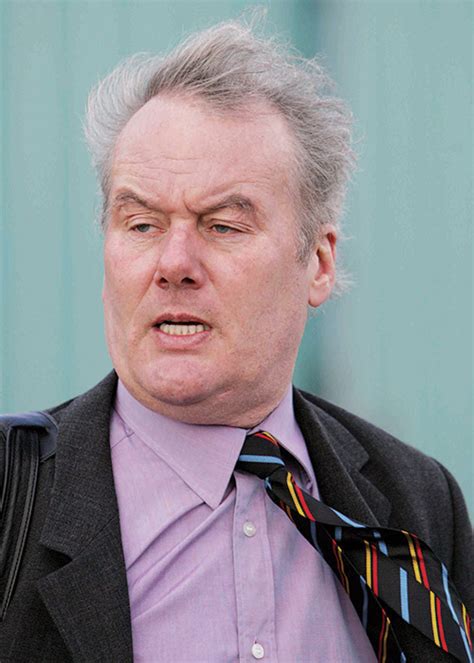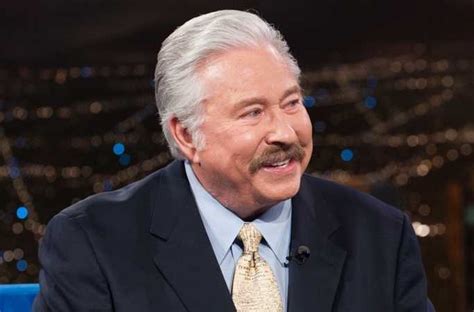A Quote by Garry Kasparov
We know that the governments in most of the successor states formed after the collapse of the Soviet Union are replaced through a process of regular elections.
Related Quotes
I don't think we replaced the Soviet Union with Al Qaida. I think we replaced, we should have, Soviet Union with the merger of globalization and the IT revolution. I think it's that. That is the real challenge that we face today. Unlike the Soviet Union, it has no face, it has no missiles, but it is something that challenges every job, every city and every community.
After the collapse of the Soviet Union, the United States and China are more likely to view each other as competitors if not adversaries. But the die has not been cast. The best possible outcome is a new understanding that when they cannot cooperate, they will coexist and allow all countries in the Pacific to grow and thrive.
Back in the days of the Soviet Union, the countries of Eastern Europe, being under the control of the USSR, would call their states "people's republics." The sham that is currently going on in the states of the former Soviet Union is due to the fact that the politicians in power are eager to polish up their image abroad.
You know, we did a good job in containing the Soviet Union, but we made a lot of mistakes, we supported really nasty guys, we did some things that we are not particularly proud of, from Latin America to Southeast Asia, but we did have a kind of overarching framework about what we were trying to do that did lead to the defeat of the Soviet Union and the collapse of Communism. That was our objective. We achieved it.
This much I would say: Socialism has failed all over the world. In the eighties, I would hear every day that there is no inflation in the Soviet Union, there is no poverty in the Soviet Union, there is no unemployment in the Soviet Union. And now we find that, due to Socialism, there is no Soviet Union!
Back in 1956, we signed a treaty and surprisingly it was ratified both by the Supreme Soviet of the Soviet Union and the Japanese Parliament. But then Japan refused to implement it and after that the Soviet Union also, so to say, nullified all the agreements reached within the framework of the treaty.
The International Brigade was not formed to protect freedom and democracy. It was founded as a tool of of the Comintern, to promote the interests of the Soviet Union - and thereby of Joseph Stalin, the butcher of millions. It made political sense for the International Brigade to recruit non-communists - useful fools was what Lenin had called such people in an earlier manipulation of gullible decency - but of course most were then vetted by the NKVD, the Soviet Union's secret police.
Neoconservatism in all its pomp conceived - in the Project for a New American Century - that, following the collapse of the Soviet Union, the world could be remade in the American image, that the previous bipolar world could be replaced by a unipolar one in which the U.S. was the dominant arbiter of global and regional affairs.































